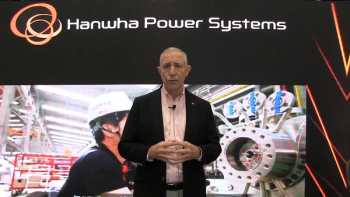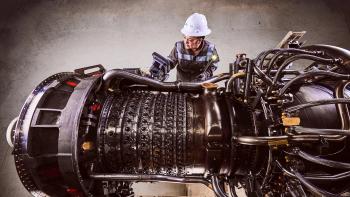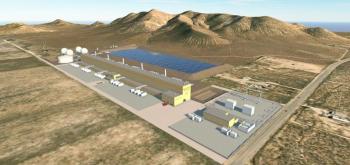
Ebara Elliott’s August Brautigam Gets Technical on Canned Motor, Magnetically Coupled Pumps
While canned motor pumps are suitable for high-pressure ammonia applications, magnetically coupled pumps are typically deployed for higher flow, lower pressure services.
Building on a
Although these sealless units are preferable over traditional pumps for ammonia, there remain some operational challenges according to Brautigam: monitoring the nitrogen purge and installing flexible conduits, for example. He also offers process engineers and operators valuable insight as to which pump design may work best for their specific application.
TURBO: Can you explain the main differences between canned motor pumps and magnetically coupled pumps for ammonia services?
Brautigam: Canned motor pumps have a canned motor stator and they’re similar to submerged motor pumps, which have been used in LNG for a long time. The canned motor stator is wrapped in a thin layer of stainless steel, similar to tinfoil, to keep out the ingress of ammonia. This technology is very suitable for high-pressure applications.
The magnetically coupled pumps are a relatively straightforward design. The pump and motor are on separate shafts connected by a magnetic coupling, and, in this design, a pressure barrier separates the outer rotating magnets from the inner rotating magnets to create a contactless, sealless pump. These are typically used for higher flow and lower pressure applications.
TURBO: What operational challenges are most common when using sealless pumps in ammonia systems?
Brautigam: The operational challenges associated with the retractable, magnetically coupled design include monitoring the nitrogen purge and installation is more challenging as purged flexible conduits must be installed. The flexible conduits are actually very stiff to work with, difficult to ship, and so on.
Newsletter
Power your knowledge with the latest in turbine technology, engineering advances, and energy solutions—subscribe to Turbomachinery International today.




